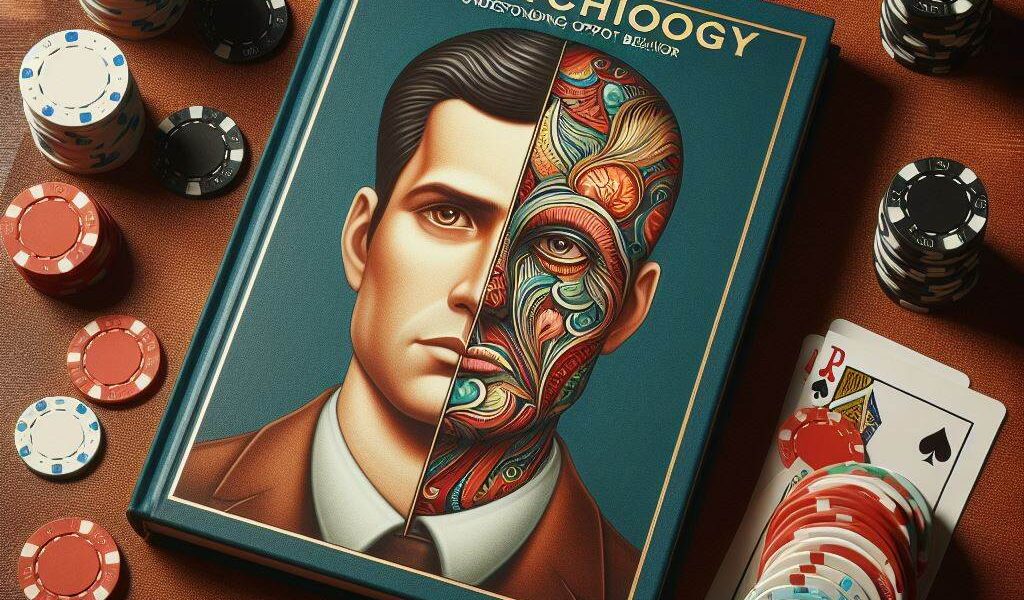The game of poker is not merely a contest of who has the best cards but a sophisticated battle of wits, where understanding the psychology of your opponents can be as crucial as the cards you hold. In the realm of casino poker, Poker Understanding Opponent Behavior being able to read and predict the behavior of other players at the table can provide a significant edge. This article explores the psychological aspects of casino poker and provides insights into how players can use psychology to their advantage at venues like Zeus138 and beyond.
The Basics of Poker Psychology
Poker psychology involves the study of behavioral patterns and the use of deception and player tendencies to make informed decisions. This encompasses everything from identifying tells (subconscious actions that reveal insights about a player’s hand) to manipulating one’s own table image to influence how opponents play against them.
Reading the Opponent
One of the first psychological skills a poker player should develop is the ability to read their opponents. This means paying close attention to how they bet, Poker Understanding Opponent Behavior how they react to different situations, and even how they physically handle themselves at the table. Key indicators can include facial expressions, gestures, the way chips are handled, and changes in betting patterns. Understanding these cues can give you an idea of the strength of an opponent’s hand and their level of confidence in their play.
The Importance of Tells
A ‘tell’ is a change in a player’s behavior or demeanor that gives clues about their hand. Some tells are physical, such as smiling, sudden movements, or fidgeting. Others may be pattern-based, such as changes in the size of a bet or a habit of bluffing in certain situations. Skilled players can mask their tells or even use false tells to deceive their opponents, a tactic known as “reverse telling.”
Psychological Warfare
Bluffing and Semi-Bluffing
Bluffing is an integral part of poker and involves betting strongly on a weak hand to induce opponents to fold superior hands. Semi-bluffing, on the other hand, is betting aggressively on a hand that isn’t the best currently but has the potential to improve (like drawing hands). Both strategies require not just a good understanding of the odds, but also a keen sense of how opponents are likely to react.
Table Image and Metagame
Your table image—how other players perceive you—can significantly affect how they play against you. For instance, if you’re seen as a tight player, opponents might fold more often to your bets. Conversely, a loose image might encourage others to call your bets more frequently. Skilled players will adjust their strategies based on their table image and use it to manipulate their opponents’ actions.
Managing Emotions
Psychological stability is crucial in poker. Good players need to maintain their composure and decision-making ability under stress—a quality often referred to as ‘staying on tilt.’ Managing emotions allows players to make rational decisions based on logic rather than emotion, preventing costly mistakes.
Advanced Psychological Strategies
The Art of Deception
Deceptive play is not just about bluffing; it’s about varying your play style so that opponents cannot easily read your strategy or predict your next move. This might involve mixing up the pace of play, changing bet sizes, or varying hand ranges to keep opponents guessing.
Psychological Endurance in Tournaments
Tournament play, particularly in long online events like those hosted on Zeus138, requires psychological endurance. The ability to stay focused and maintain a strategic approach during extended sessions is crucial. It’s not just about playing your best game at the start, but also about maintaining that level of performance throughout the event.
Conclusion
The psychological component of casino poker is what makes it so intriguing and complex. Beyond mere card strategy, understanding and manipulating psychological elements can elevate a player’s game immensely. For those looking to enhance their skills, learning to observe opponents, manage personal emotions, and employ psychological tactics effectively is essential. As players continue to navigate the vibrant and challenging atmosphere of venues like Zeus138, mastering the psychology of poker remains one of the most rewarding aspects of the game.
Read More: All-In: Inside the Thrilling World of Casino Poker




